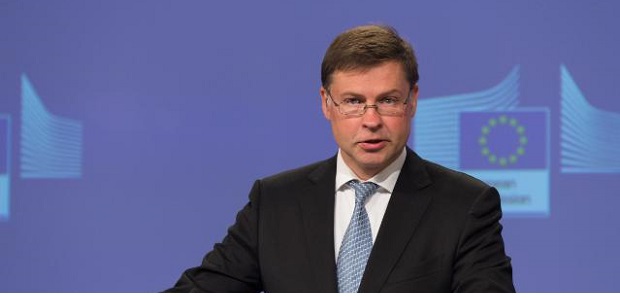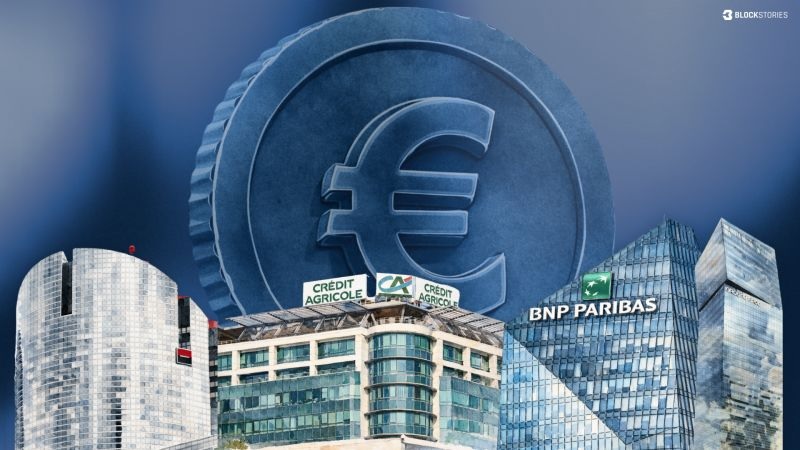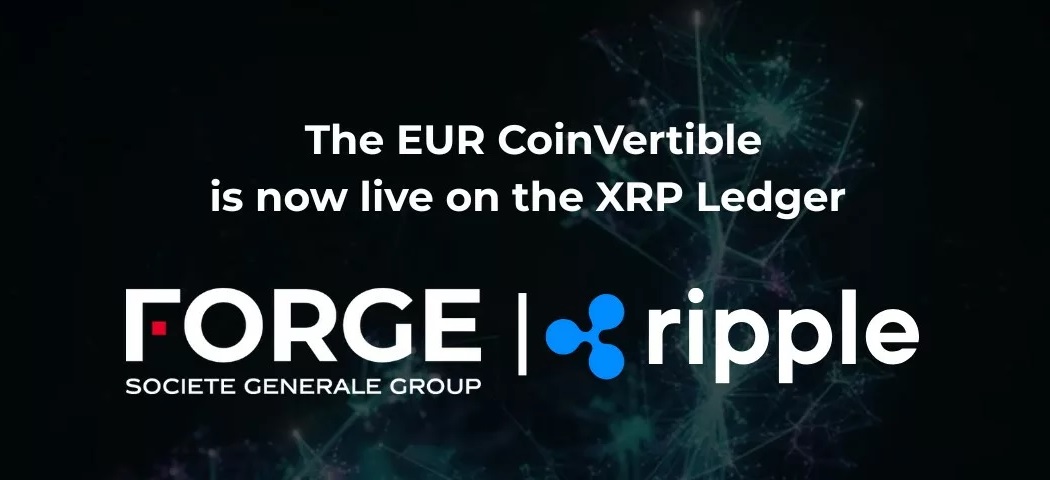European Commission – remarks by Vice-President Dombrovskis on cryptocurrencies: „have become subject of considerable speculation”

Good afternoon,
I would like to debrief you on a roundtable discussion with key authorities, industry representatives and experts who shared their insights and views on cryptocurrencies. The aim of this roundtable was first and foremost to feed into our upcoming Action Plan on FinTech, and the EU’s position for a possible discussion at G20 level. As you know, there is already a joint Franco – German letter on this point.
Crypto-asset markets are global, with worldwide transactions between investors, consumers and intermediaries. On its own, Europe represents only a small share of global cryptocurrency trading, so we need to work together with our partners in the G20 and international standard-setters.
Today’s roundtable focused on three main topics:
. the implications of crypto-currencies for financial markets,
. the risks and the opportunities associated with their use,
. and the recent development of Initial Coin Offerings.
We concluded that:
First, the blockchain technology holds strong promise for financial markets. To remain competitive, Europe must embrace this innovation.
Second, crypto-currencies, which are not currencies in the traditional sense, and whose value is not guaranteed, have become subject of considerable speculation.
This exposes consumers and investors to substantial risk including the risk to lose their investment.
This is why our third conclusion is that warnings about these risks to consumers and investors are important: these must be clear, frequent, and across all jurisdictions.
Fourth, Initial Coin Offerings have become a way for innovative firms in this field to raise substantial amounts of funding.
This is an opportunity, but there are also problems that expose investors to substantial risk, such as the lack of transparency regarding the identity of the issuers and underlying business plans.
Fifth, we need to assess further under what circumstances crypto-currencies and related services are covered by existing regulation.
This depends very much on the facts and circumstances around specific crypto-tokens.
Based on the assessment of risks and opportunities and the suitability of the existing regulatory framework for these instruments, the Commission will determine if regulatory action at EU level is required.
Finally, crypto-assets present risks relating to money laundering and the financing of illicit activities.
That is why the Commission proposed that virtual currency exchanges and wallet providers should be subject to the Anti-Money Laundering Directive. The co-legislators reached an agreement in December, and we invite Member States to prepare for a speedy transposition of this legislation.
To sum up, the Commission will continue to monitor these markets together with other stakeholders, at EU and international level, including in the G20. We stand ready to take action based on an assessment of risks and opportunities. Following upcoming international discussions, we will decide on how to follow up today’s roundtable.
Thank you.
Dariusz Mazurkiewicz – CEO at BLIK Polish Payment Standard
Banking 4.0 – „how was the experience for you”
„To be honest I think that Sinaia, your conference, is much better then Davos.”
Many more interesting quotes in the video below:









